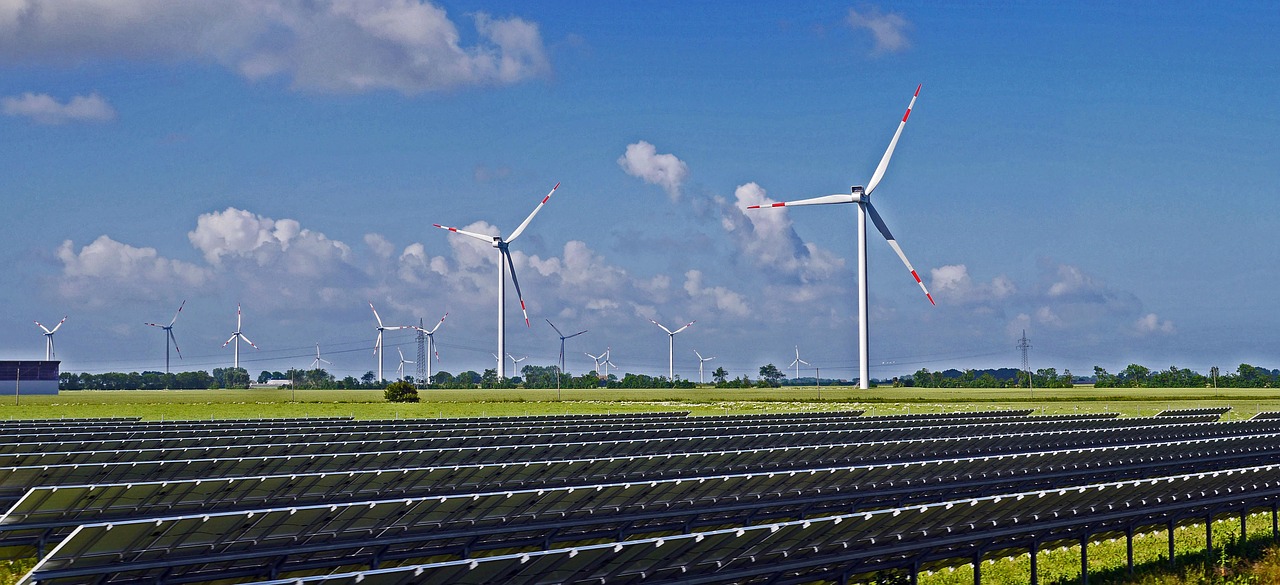
Otautahi – Not all the focus this year is on the global health crisis or coping with unusual and dramatic climate change.
Some of the world’s smartest techies are producing the most amazing innovative and exciting green-tech pioneers.
Such as lab-grown fish to food coatings that can be eaten; zero-emissions flying and satellite data to verify reforestation.
The 2021 World Economic Forum tech business pioneers list has been released, with 26 countries represented this year, including El Salvador, Ethiopia and Zimbabwe among those appearing in the ranking for the first time. New Zealand has not feature.
The innovating pioneers include those pursuing positive environmental changes. Among them are:
High-end recycled plastic
In India, Banyan Nation has launched a recycling system to tackle the problems caused by plastic pollution. Its process for recycling involves a high degree of cleaning and refining, which results in a high-grade recycled plastic suitable for use in many applications. The firm is creating jobs for locals, and says it recovers all the water used in its recycling processes.
Zero-emissions flight
Taking its name from the American brothers who pioneered powered flight at in 1903, the Wright 1 is an electric aircraft designed to fly at distances approaching 1300 km. The company behind the plane says their design will bring zero-emissions flight down to the same cost as running a fossil-fuelled fleet. They hope to be commercially active by 2030.
Lab-grown fish
Overfishing damages fish populations and can cause long-term harm to delicately balanced environments like coral reefs. A start-up from Hong Kong, Avant Meats, is offering lab-grown fillets of fish as an alternative. Fish stem cells are fed on nutrients and grow edible fillets in less time than it takes for a fish to grow to an edible size. Unlike farmed fish, the lab-grown alternative is free of pollutants or disease.
Food coating you can eat
Plastic pollution is a well-documented problem. Sometimes it’s easy to forget that plastic also plays a vital role in keeping medical equipment sterile and helping food last longer. Boston-based Mori is developing a plastic-wrap alternative for the food supply chain, based on naturally derived silk protein. Unlike plastic, the silk-based wrap is added as an invisible coating during the washing process foods go through prior to being shipped to stores. Not only is it all-natural, but it is also edible.
AI helps verify offsetting
Pachama is a Silicon Valley tech company using AI and satellite data to take carbon offsetting to a new level. Its platform allows organisations that are working toward net-zero or carbon neutrality to confidently support a variety of carbon sequestration projects. From reforestation to habitat conservation projects, Pachama is able to validate projects’ effectiveness by automatically analysing satellite images.



